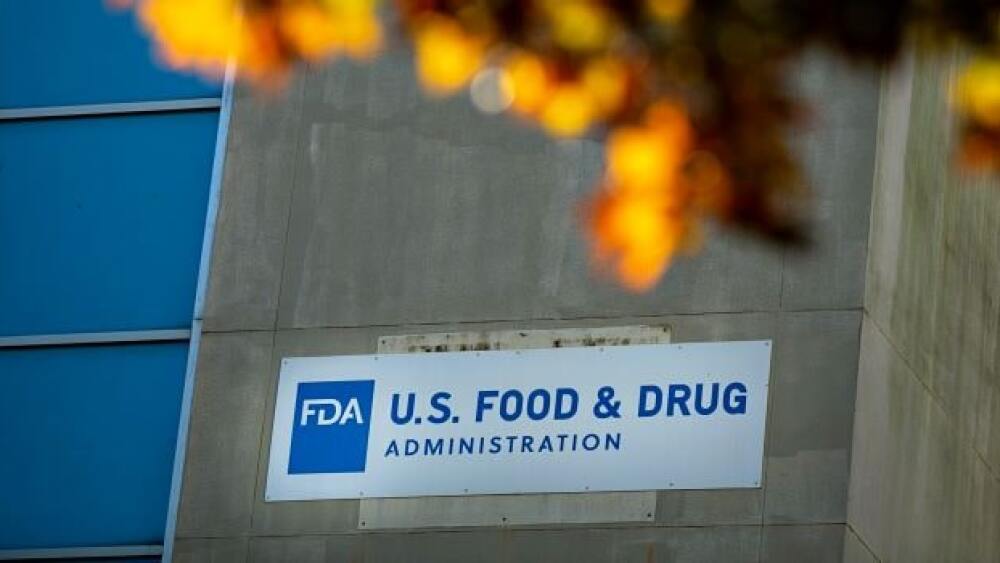The FDA asked Taysha Gene Therapies to dose more patients in a double-blinded, placebo-controlled trial before submitting a BLA for its giant axonal neuropathy candidate.
Jason Armond/Los Angeles Times/Getty Images
The FDA asked Taysha Gene Therapies to dose more patients in a double-blinded, placebo-controlled trial to support a Biological License Application for its giant axonal neuropathy (GAN) candidate TSHA-120, the company announced Tuesday.
This regulatory recommendation follows a Type B end-of-Phase II meeting, wherein the FDA acknowledged that Taysha’s plans to use the 32-item Motor Function Measure (MFM-32) assessment as a study endpoint was acceptable.
In an investor call Tuesday, Sukumar Nagendran, M.D., president and head R&D at Taysha, said the FDA acknowledged the moderate efficacy of TSHA-120. However, since the MFM-32 may have subjective bias, a blinded trial is needed for better data integrity.
In response to the FDA’s recommendations, Taysha submitted follow-up questions to clarify details about the proposed study design and the totality of data required for the BLA.
The company is awaiting further feedback and guidance from the FDA, Nagendran said.
Taysha’s shares fell around 6% in post-market trading Tuesday in reaction to the news.
TSHA-120 is a vector-delivered gene therapy being developed for GAN, an ultra-rare autosomal recessive disease of the central and peripheral nervous systems characterized by numbness and muscle weakness, which progress to seizures, loss of control over the body and gradual mental decline.
GAN is caused by mutations that render the gigaxonin gene inactive. TSHA-120 works by delivering a full-length and functional copy of this gene.
During the investor call, Nagendran said that all data generated so far for TSHA-120 “are encouraging and support a disease-modifying potential” of the candidate.
Taysha is developing TSHA-120 in collaboration with Tokyo-based Astellas. In October 2022, Astellas bought 15% of Taysha’s outstanding common stock for $50 million. Astellas has the exclusive option to license TSHA-120 and TSHA-102, another clinical-stage asset for Rett syndrome.
Corporate Updates
Alongside the FDA’s regulatory recommendations, Taysha announced Tuesday it has implemented a comprehensive strategic review to improve business execution.
This review kicked off in December 2022, when Nagendran and Sean Nolan, chairman and newly appointed CEO, Taysha, joined the company.
Since then, company leadership has implemented operational, structural and personnel changes “to enhance information flow, coordination, decision-making and execution.”
These changes included modifying governance structures, adjusting the cadence of meetings and forming cross-functional teams, Nolan said.
“We believe we have the right team in place to execute on our strategy,” said Kimberly Lee D.O., chief corporate affairs officer at Taysha, in response to BioSpace‘s request for further clarification on the personnel changes.
Taysha implemented a similar strategic reorientation in March 2022, when it suspended all other clinical R&D activities to focus on its GAN and Rett syndrome programs. Along with this pivot, the company laid off 35% of its staff.






